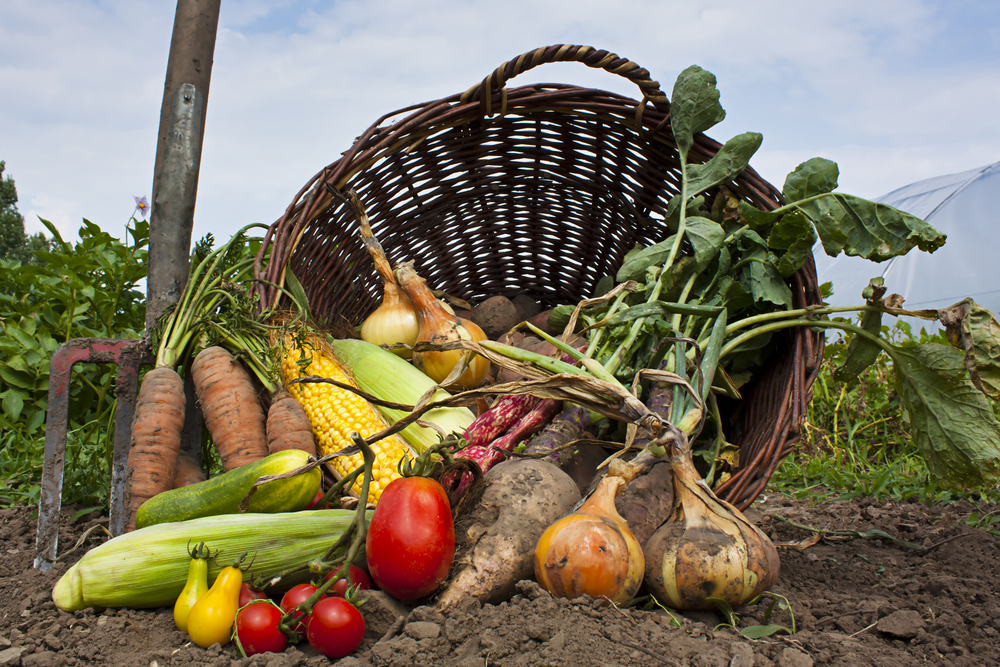A beginner’s guide to organic food
by Karen Rollins Oct 29, 2018

Organic food has become increasingly popular around the world as people become more health conscious and try to take better care of the environment.
In order to be certified as organic, a farmer has to use methods and practices that reduce the impact of human activity on the planet, while ensuring crops and animals are grown and produced as naturally as possible.
If you’re interested in buying more organic food, this guide aims to help you understand more about it.
What is organic farming?
According to the British Soil Association, organic farming “involves producing food with the use of feed or fertilizer of plant or animal origin without employment of chemically formulated fertilisers, growth stimulants, antibiotics, or pesticides”.
The European Commission adds that it is “an agricultural system that seeks to provide the consumer, with fresh, tasty and authentic food while respecting natural life-cycle systems.”
What are the benefits?
Organic farming has the following benefits:
- Less damage to the environment
- Reduced human exposure to chemicals through the food chain
- Better animal health and well-being
- Encourages wildlife such as birds, bees and butterflies
How do you know your food is organic?
Organic food labelling standards vary around the world but generally crops or livestock can be certified as organic if they have:
- been produced without synthetic chemical inputs such as fertiliser, pesticides, antibiotics, food additives, and the use of sewage sludge
- the farmland has been free from prohibited chemical inputs for a number of years
- livestock has been reared with strict adherence to specific requirements for feed, housing, and breeding
- the farm has undergone periodic on-site inspections
If you’re interested in eating more organic produce, you should be able to find a wide variety of choice at weekly Farmers’ Markets or local supermarkets.
Sources: British Soil Association / European Commission








